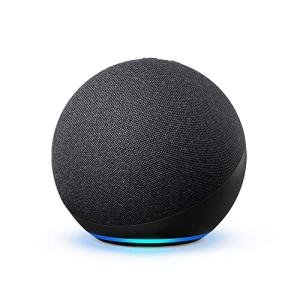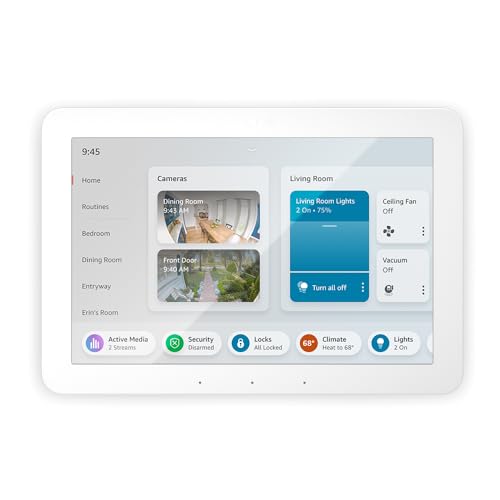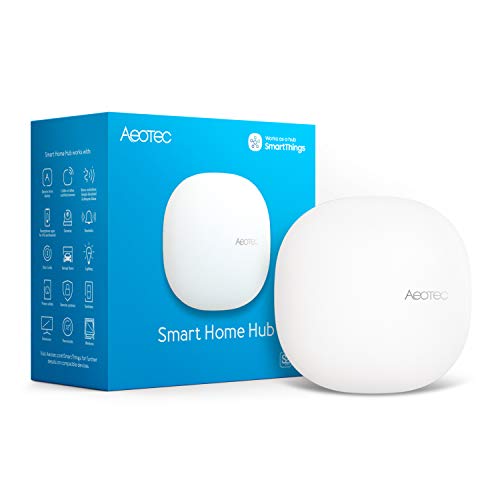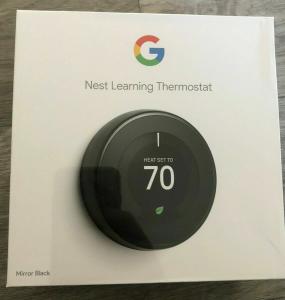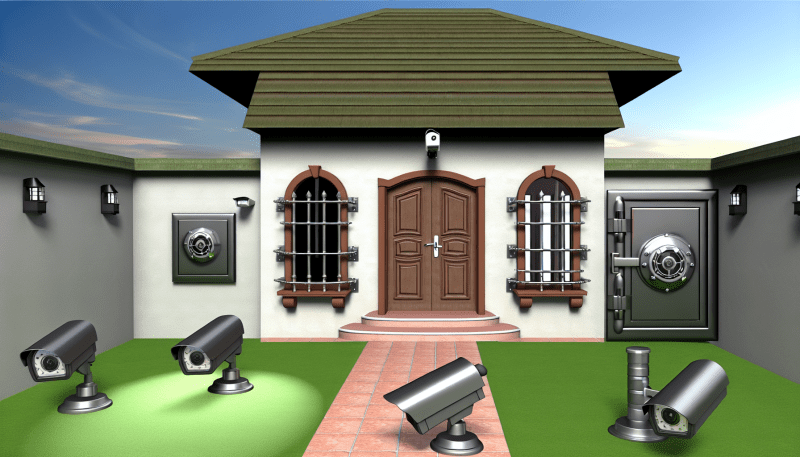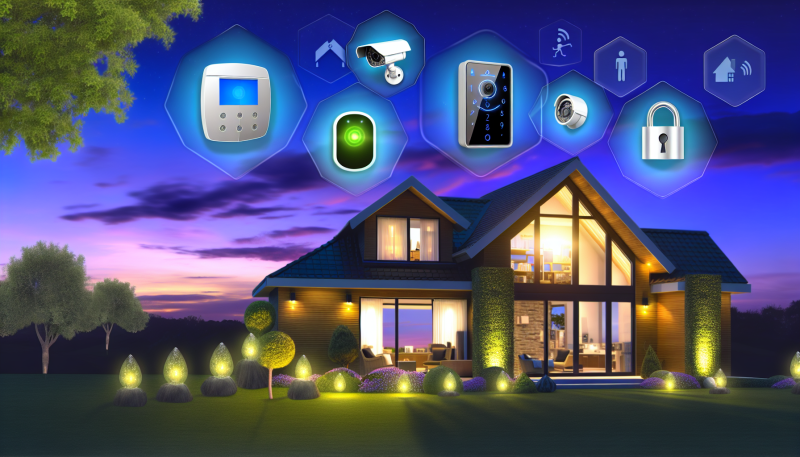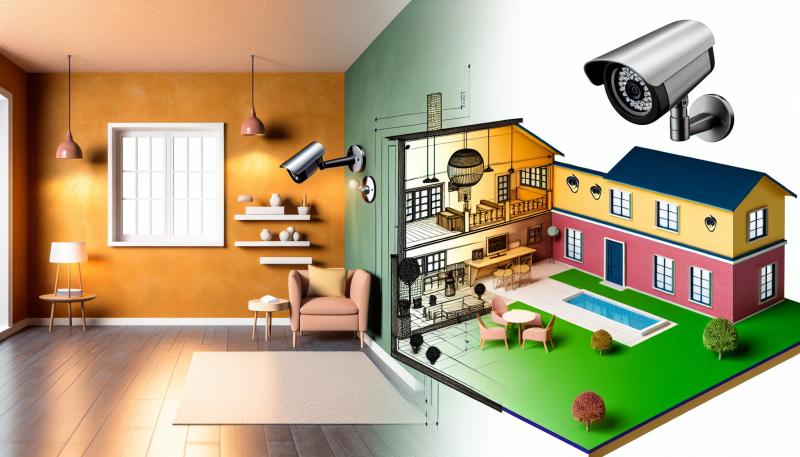One of the key benefits of opting for a Wifi home automation system is the convenience it offers. With Wifi connectivity, you can control your home devices from anywhere in the world using your smartphone or tablet. This means that whether you're at work, on vacation, or simply in another room, you can easily adjust your thermostat, turn off lights, or lock/unlock doors with just a few taps on your device.
Another advantage of Wifi home automation systems is the flexibility they provide. Unlike wired systems that require extensive installation and can be difficult to modify, Wifi systems can be easily expanded and customized. You can add new devices to your network, create schedules, and even integrate different smart home platforms with ease, making it simple to tailor your system to meet your specific needs.
Additionally, Wifi home automation systems offer improved energy efficiency. By being able to remotely control your devices, you can easily make adjustments to reduce energy consumption when you're not at home or during off-peak hours. This can lead to lower utility bills and a more environmentally friendly home, as you can ensure that lights and appliances are not left on unnecessarily.
Advantages of Wired Home Automation Solutions
Whether you are building a new home or looking to upgrade your current automation system, choosing between wired and wifi home automation solutions can be a difficult decision. While wifi may seem like the more convenient choice, there are several advantages to opting for a wired system instead.
One major advantage of wired home automation solutions is reliability. With a wired system, you don't have to worry about signal interference or connectivity issues that can often plague wifi networks. This means that your devices will always respond quickly and reliably to your commands, giving you peace of mind that your home is secure and efficient.
Another advantage of wired systems is security. Unlike wifi networks, which can be vulnerable to hacking and cyber attacks, wired systems are more secure and less susceptible to outside interference. This means that your personal information and data are better protected, keeping your home and family safe from potential threats.
Additionally, wired home automation solutions tend to be more robust and versatile than their wifi counterparts. With a wired system, you can easily integrate a wide range of smart devices and sensors, allowing you to create a custom automation setup that meets your specific needs and preferences. This level of flexibility and customization can help you create a truly smart home that enhances your lifestyle and makes your daily routines more convenient and efficient.
Factors to Consider When Choosing Between Wifi and Wired
Wifi and wired connections are both popular options for home automation systems, each with their own set of advantages and disadvantages. When deciding which option is right for you, there are several key factors to consider.
One important factor to consider is reliability. Wired connections are known for their stability and consistency, making them ideal for devices that require a constant connection, such as security cameras or smart thermostats. On the other hand, wifi connections can be affected by interference from other devices or obstructions like walls or furniture, which can result in dropped connections or slower speeds.
Another factor to consider is speed. Wired connections are typically faster than wifi connections, making them a better choice for devices that require high bandwidth, such as streaming video or online gaming. Wifi connections, while convenient and easy to set up, can sometimes struggle to provide the same level of speed and performance as wired connections.
Cost is also an important factor to consider when choosing between wifi and wired connections. Wifi setups are generally more affordable and easier to install, as they do not require any additional hardware beyond a router. In contrast, wired connections can be more expensive and time-consuming to set up, as they require running cables throughout your home. However, the long-term reliability and speed benefits of wired connections may outweigh the initial cost for some homeowners.
Making the Best Choice for Your Home
In today's world, technology is constantly evolving, making our lives more convenient and efficient. When it comes to home automation, one of the biggest decisions you'll have to make is whether to go with wifi or wired systems. Both options have their pros and cons, so it's important to consider your needs and preferences before making a decision.
Wifi home automation systems are popular because of their ease of installation and accessibility. With wifi, you can control your devices from anywhere with an internet connection, making it convenient for those who are always on the go. However, wifi systems can be more susceptible to interference and security breaches, so it's important to make sure your network is secure.
On the other hand, wired home automation systems tend to be more reliable and secure. With a wired system, you won't have to worry about signal interference or network outages. However, installation can be more complex and expensive, especially if you're retrofitting an older home. Wired systems are also less flexible, so if you plan on adding more devices in the future, you may need to reconfigure your setup.
Ultimately, the decision between wifi and wired home automation systems will depend on your individual needs and preferences. If you value convenience and accessibility, wifi may be the best option for you. If reliability and security are your top concerns, then a wired system may be the way to go. Whichever option you choose, make sure to do your research and consult with a professional to ensure you're making the best choice for your home.

